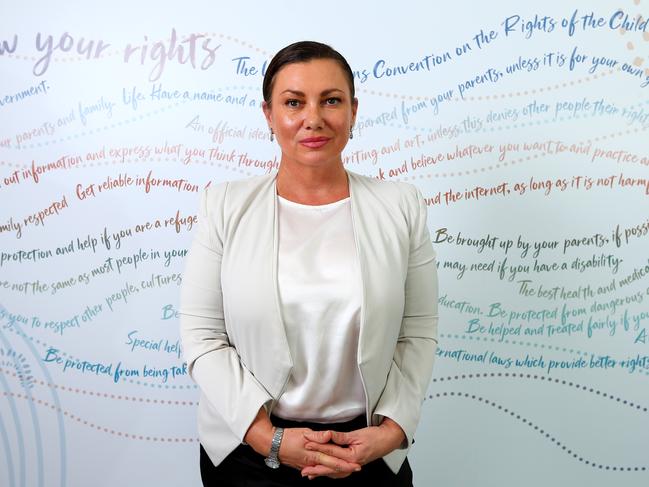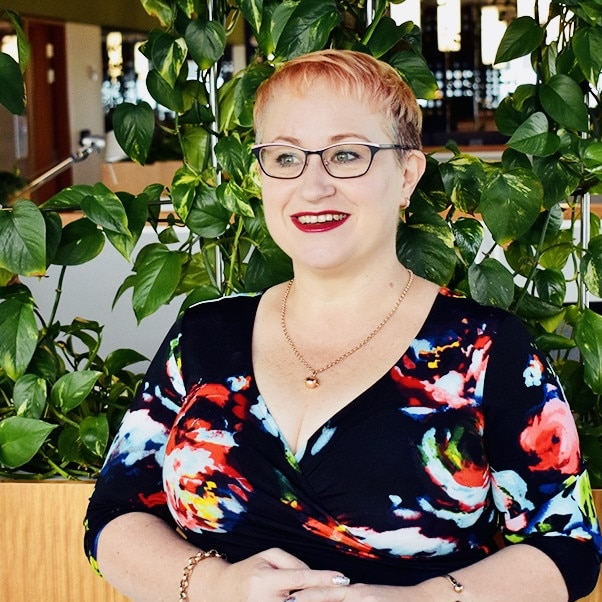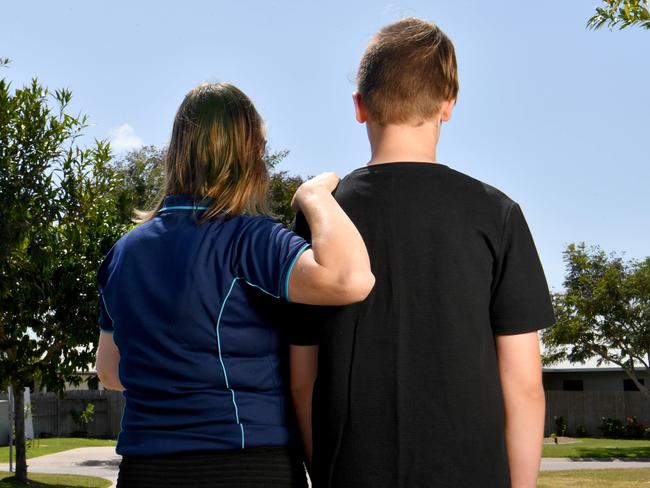‘Massive red flags’: School punishment turning kids into crims
Leading authorities want a review of Queensland schools disciplinary procedures, saying if the state wants to tackle its youth justice problems, here is a good place to start.
Education
Don't miss out on the headlines from Education. Followed categories will be added to My News.
Queensland’s most vulnerable children are up to six times more likely to be suspended at state schools than other children, as advocates argue booting children from school only helps create criminals.
The rate for Indigenous children and children with a disability is three times higher than the general population and six times higher for children in care, according to Education Queensland figures released under Right to Information laws.
A quarter of children suspended multiple times were Indigenous, despite accounting for just 10 per cent of enrolments, and nearly half of all suspensions went to children with a registered disability.
Queensland’s Children’s Commissioner, Human Rights Commissioner and others want a review of the overuse of disciplinary absences and their impact, saying if the state wants to tackle its youth justice problems, here is a good place to start.

Children’s Commissioner Natalie Lewis said given the disproportionality of Indigenous suspensions, “none of us should be surprised” at their overrepresentation in the youth justice system.
She said nearly half of Queensland’s kids start school behind because of poverty, health issues, cognitive impairment and a lack of early childhood education.
If authorities weren’t going to assess and support children early, “then we should be unsurprised about the types of behaviours that we’re going to see in a classroom”, Ms Lewis said.
“Why do we have to wait for an explosive episode at school and for a kid in prep to get excluded before we recognise that maybe an assessment of this child’s actual needs may have been helpful?” she asked.
“Maybe some supports might have been useful, maybe understanding that this child’s not safe at home at night and these behaviours are unsurprising given the amount of trauma they’re exposed to.”
She said harsh approaches “removes hope” and it was “nonsensical” to suspend a child for not turning up because that normalised truancy.
“It might be a quick and easy remedy, it might solve the problem here today, but the problems that are created for that particular child are going to be lifelong,” she said, adding discipline should focus on correcting behaviour, “not discarding the child”.
Ms Lewis said multiple suspensions were “massive red flags”.
“Even in the work I did in the US, the most reliable indicators around gang involvement for kids was early patterns of truancy and then use of disciplinary absences,” she said of a successful anti-gang program in California.
“We need to intervene earlier, we need to prevent crime before it happens,” she said.
She suggested primary school councillors and non-government services in schools, because teachers weren’t social workers.
Ms Lewis said a review probing all sides of the debate should elicit “urgent attention and action”.
QUT’s Centre for Inclusive Education director Linda Graham, who headed a SA review into these issues and backs one here, said rates were double those in NSW since schools won more discretion in 2014.
She said suspensions were often for minor violence, like stopping a child from snatching something or kicking a chair over in frustration, and that was justified through zero-tolerance.
Dr Graham said teacher performance was a factor, with some preferring to remove a student than deal with them and there was a power imbalance when unionised teachers refused to teach a child.

“They (teachers) have a right to be treated with dignity and respect … (and) to not be harmed but children have a right to due process and to being heard as well and the current legislation is not affording them that right,” she said.
Suspensions should be “a last shot in the barrel”, recognising their “snowballing effect” as some kids did not have a safe home and eventually used that unsupervised time to shoplift or break into homes, she said.
Disability advocates Queensland Advocacy Incorporated and the Aboriginal and Torres Strait Islander Legal Service are meanwhile lobbying the Queensland Human Rights Commission for an inquiry.
RTI figures prove an “unjustifiable use of school disciplinary absences (SDA) beyond their intended purpose as an option of last resort” and are being used against unsupported children with disabilities who can learn nothing from them and are largely powerless to appeal, they argue.

“When a kid is suspended or excluded from school, it’s a pipeline to a whole lot more disadvantage, whether that’s through the criminal justice system, through poverty, through lack of unemployment,” QAI chief executive Matilda Alexander said.
“It’s a really, key, early indicator that something’s going wrong in that person’s life that can be seized on and fixed if it can be addressed early.”
QHRC Commissioner Scott McDougall said he was considering the request and the “potential for an alternative option such as a parliamentary committee inquiry”.
He agreed there was “a pressing need to examine whether inappropriate suspension and expulsion practices are occurring in Queensland without adequate safeguards and protections”.
Queensland Teachers Union president Cresta Richardson said educating at-risk children with complex needs was “extremely challenging” and “not to be underestimated by those who have no practical experience in this field”.
She said teachers deserved to “feel safe, supported and resourced appropriately” and urged a discussion of whether current levels for teachers and students were enough.
An Education Queensland spokesman said suspension and exclusion policies were reviewed in 2019 and another was due soon.
“There are many longstanding social factors that may contribute to overrepresentation of some student cohorts in suspension and exclusion data, and the department is taking a careful approach to this,” he said.


